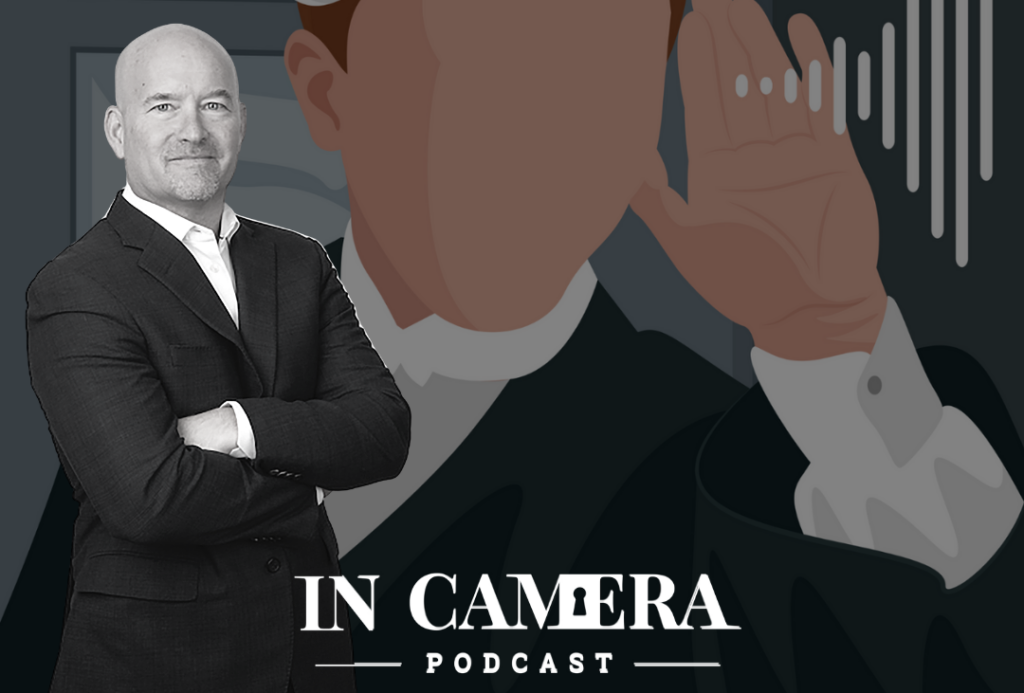Appendix 5: Social Media Policies When Someone Dies
If a loved one has passed away, you may wonder what should be done about their social media accounts. If you have your loved one’s account information, deleting accounts is usually as simple as logging on. If you do not have your loved one’s account information, the information below may be helpful. This information is current as of update.
Policies and links change from time to time. Here we endeavor to have the most up to date information and working links.
Please notify us if a link is no longer working or if you become aware of a change of policy before we know about it. By working together we can help all victims!
Facebook/Instagram
If you do not know the Facebook password of your loved one’s account, Facebook will not provide that password to you.
If you are a relative or close friend of an account holder, you have two options. (The same options can be taken for Instagram.)
You can ask Facebook to memorialize an account. (Do an online search for “Facebook” or “Instagram” and “when someone dies.”) Depending on the settings you choose, your loved one’s friends can still post remembrances or anecdotes on the page. The photos that your loved one shared are preserved, and nobody will be able to log into the account. The account will not appear in public search spaces.
If you are an immediate relative of your loved one, you can request that their account be removed entirely. To do this, you will need proof of authority including a power of attorney, birth certificate, last will and testament, or estate letter. You must also show proof of death using an obituary or memorial card.
X
X does not distribute passwords to anyone regardless of relationship. You may only deactivate an account, not control it. This requires filling in an online form (do a search for “X deactivating account”) and providing the user’s username, your name, your relationship with the account holder, your email, and additional information that could be helpful. X will contact you if they require more information.
Snapchat
Snapchat only allows one action when a user passes away: account deletion. Do an online search for “Snapchat support” and select the appropriate button. You will be required to provide a copy of the death certificate.
Like Facebook, LinkedIn will not distribute a deceased member’s password; however, they will memorialize or close an account if you have the authority to act on behalf of your loved one.
If you memorialize the account, it will remain online, and content will not be deleted. The account will be tagged “in remembrance,” and nobody will be able to log on. To memorialize an account, you must be able to provide the member’s full name, their LinkedIn profile link, your relationship, the member’s email address, the date of the member’s passing, a copy of the member’s death certificate, and a legal document showing you have the authority to act on behalf of a member. These include letters of administration, letters of testamentary, letters of representation, or another court order declaring you the representative of the estate. You must follow the same process to delete an account.
Pinterest does not distribute passwords to any family member or loved one. They also do not publish specific policies on account closure but will close an account if your loved one has died. Go to this link, then provide your name, the name of the user, their username, their email address, and as much information about your relationship with your loved one as possible.
Google Accounts (YouTube, Gmail, etc.)
First, check to see if your loved one has an “inactive account manager” set up on his or her account. If they do, this will give information about who your loved one has given permission to access the account information and content.
In other cases, Google only allows for the closing of the account of a deceased user. Do an online search for “Google account when someone dies” for the link. You will need your loved one’s name and email, your name and email, your government-issued ID, your loved one’s death certificate, and any additional supporting documents you may have demonstrating representation.
Without the password, it is difficult for Google to provide any information such as actual emails or other personal information stored in Google Drive. Accessing this content is a lengthy process that generally requires a court order. If your loved one had a YouTube account that made money, you may also consider requesting those funds from Google’s e-wallets (Wallet and AdSense). Visit the “Google submit a request regarding a deceased user’s account.”
TikTok
As of this writing, TikTok does not have a policy of deleting the accounts of those who have passed away. Unless you have the login information, you may not delete the account without cause. Currently, the death of a user is not a valid cause. That being said, if you have access to a loved one’s mobile device, you may try opening the TikTok app. The app generally remains logged in, and if so, you can try to take the following steps to delete the account.
- Go to Me.
- Tap … located on the top right corner.
- Tap Manage account > Delete account.
- Follow the instructions in the app to delete your account.
Additionally, if you have the proper legal authorization and access to a person’s smartphone password, you can try to view saved internet passwords. If your loved one saved his or her TikTok password, you may be able to access it, log into the account, and delete it.
Like TikTok, as of this writing, Reddit does not have a policy of deleting the accounts of those who are deceased. If you have access to your loved one’s smartphone password, you can try to view saved passwords. If your loved one saved his or her Reddit password, you may be able to access it, log into the account, and delete it.
If you have the login information, you can delete the Reddit account and follow the steps, beginning with logging in if need be.













